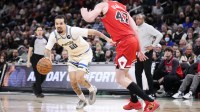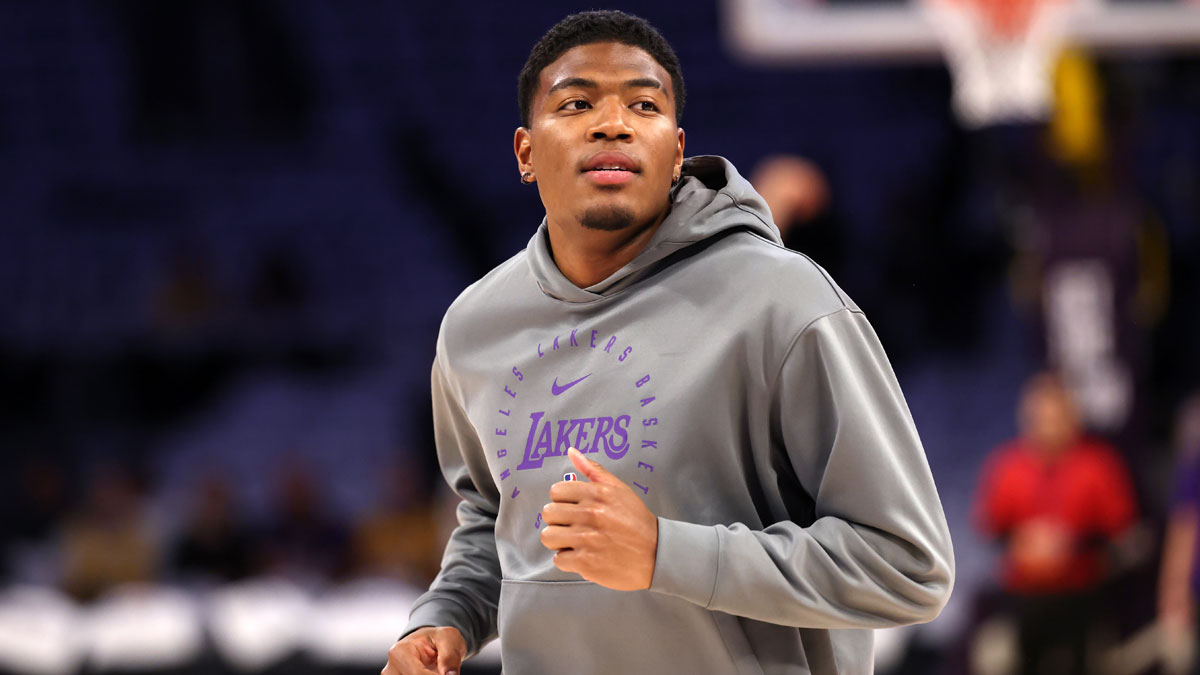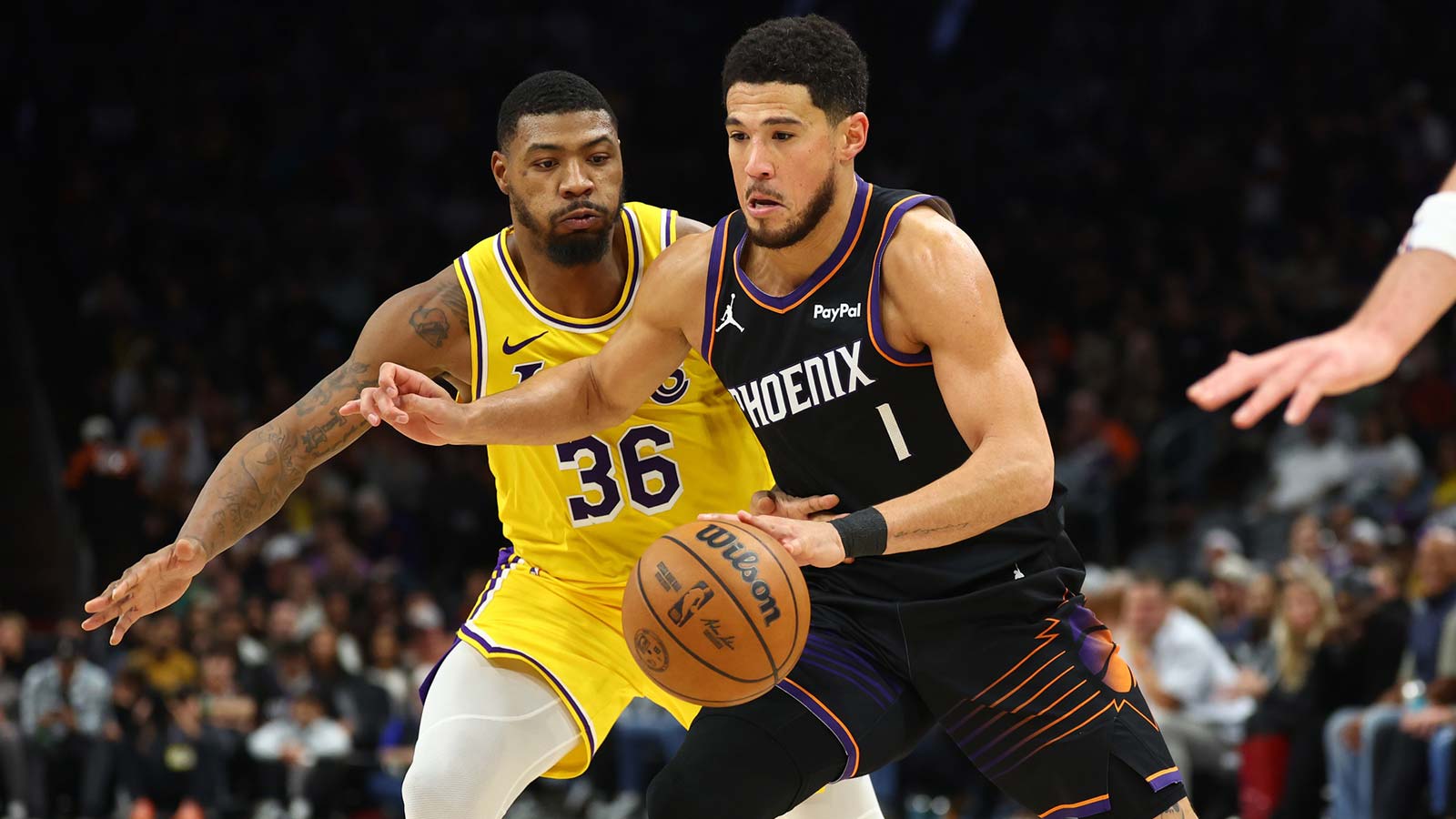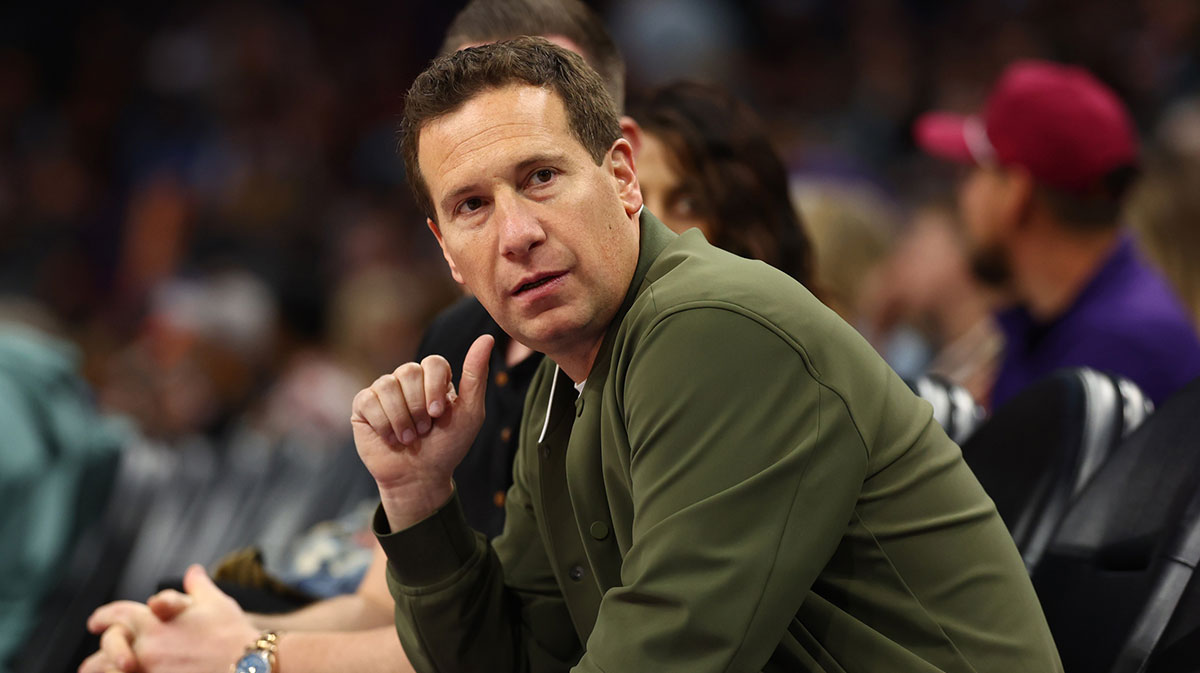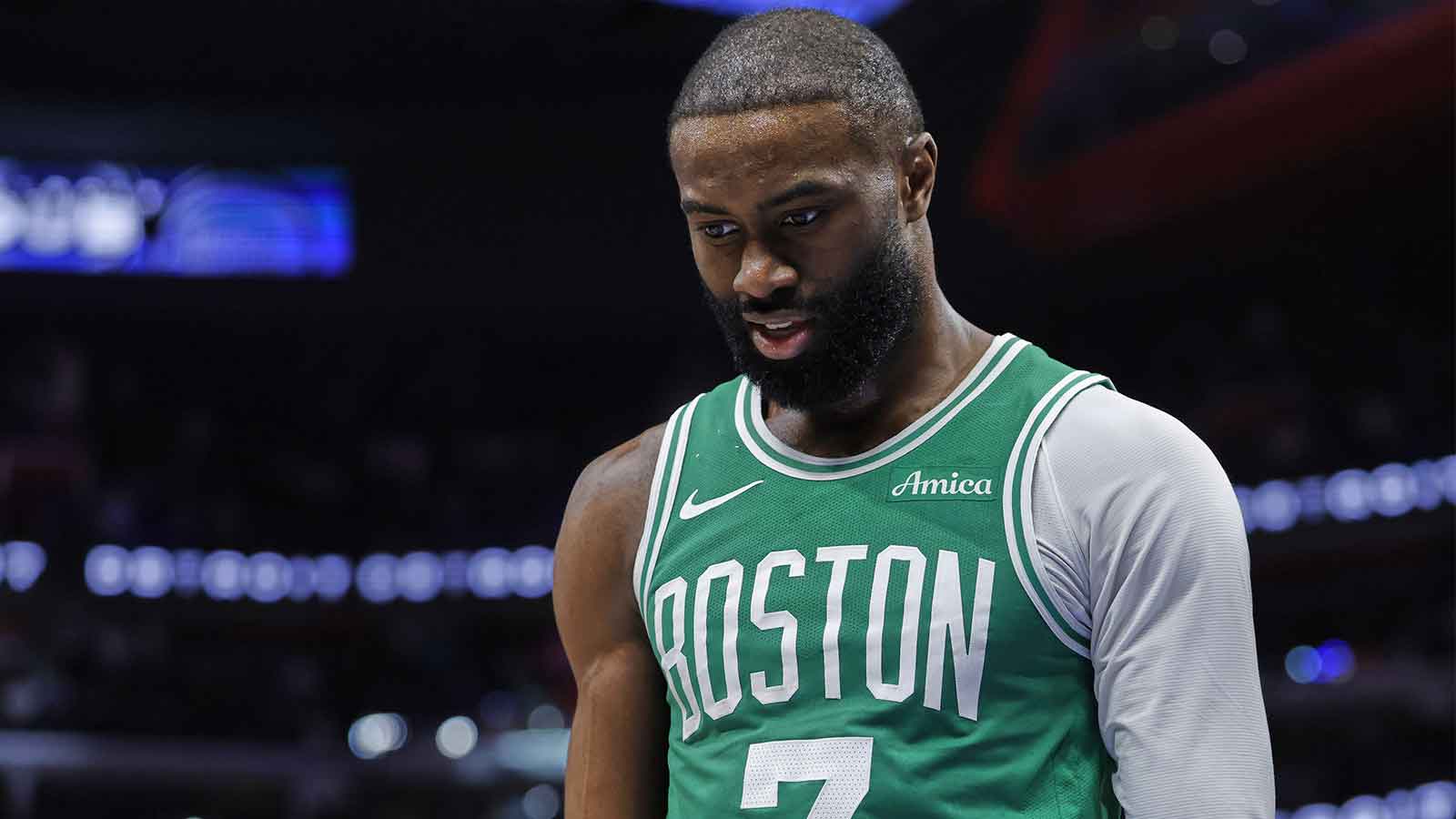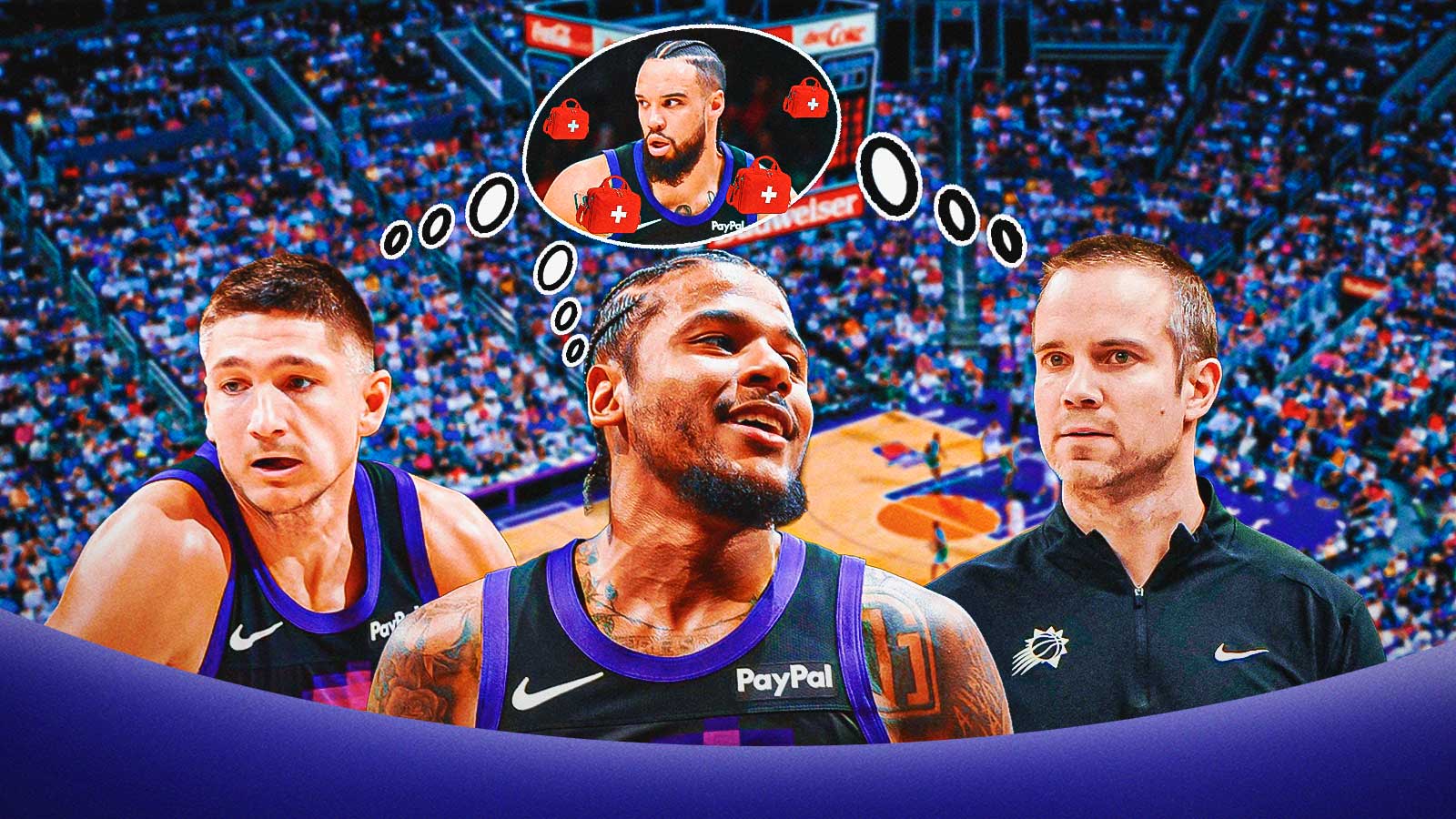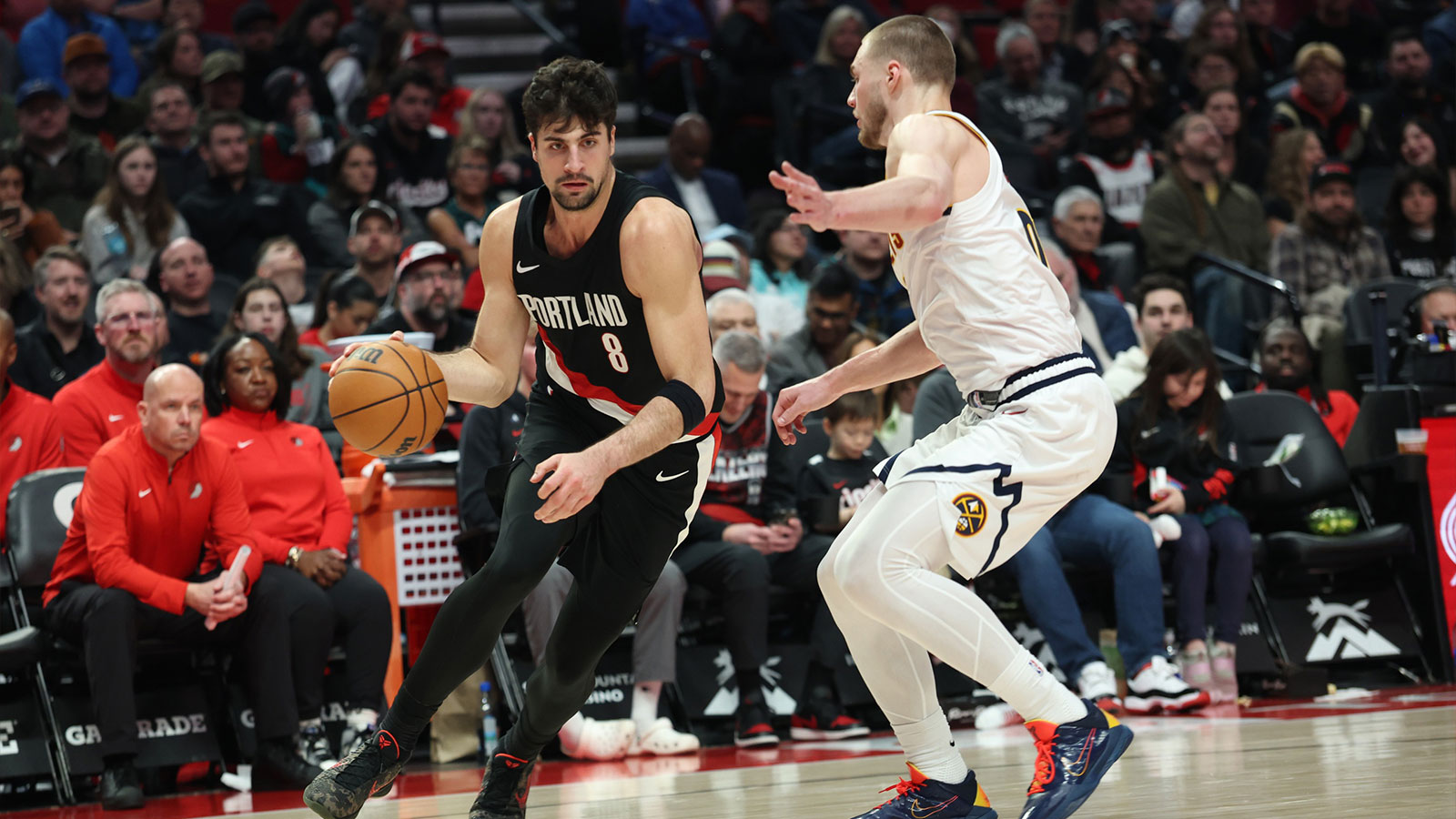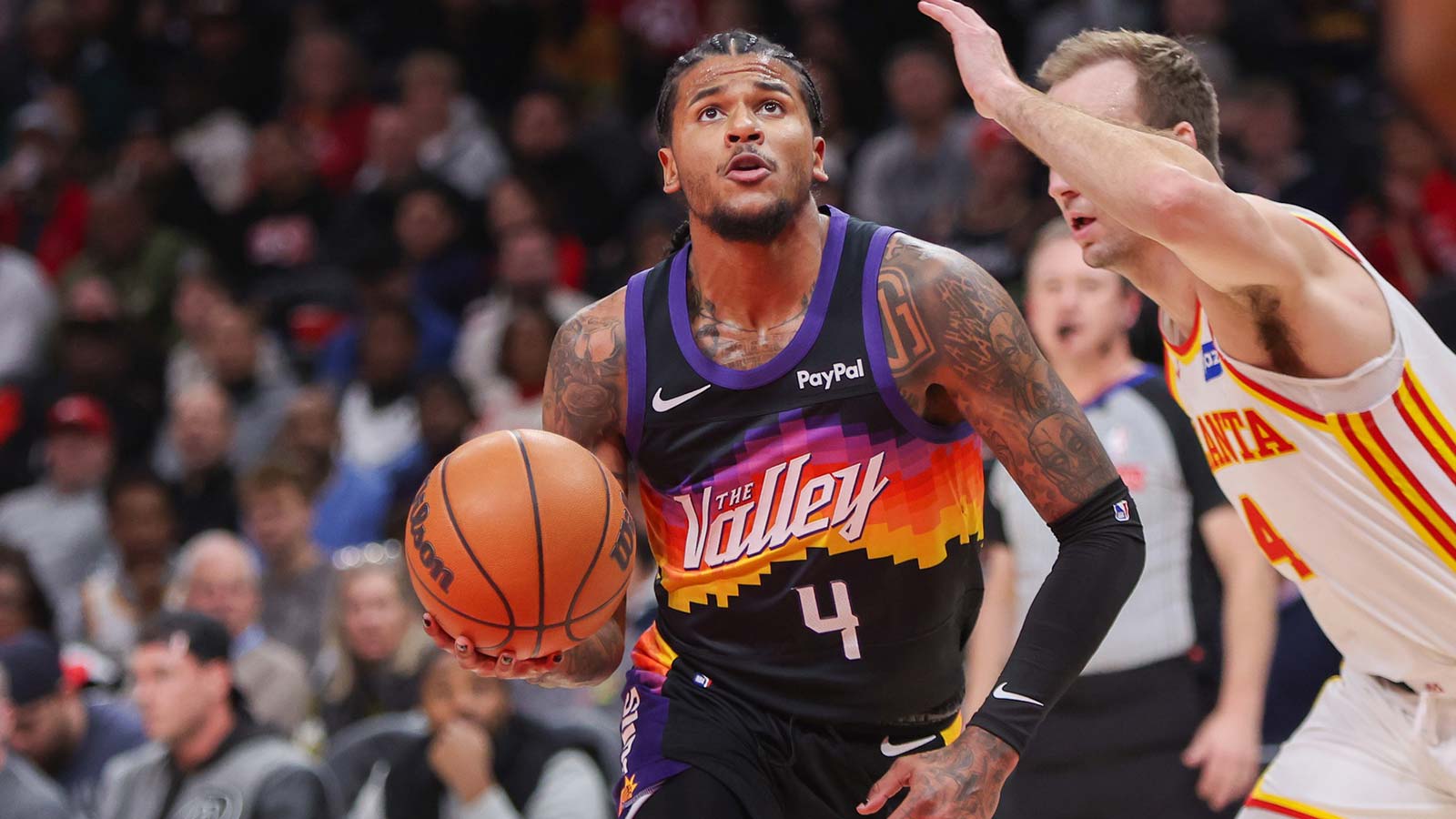Game 3 between the New Orleans Pelicans and the Phoenix Suns saw Monty Williams play the role of mad scientist. The Suns' head coach spent the 48 minutes in Friday's 114-111 win to take a 2-1 series lead experimenting with rotations and play-styles — desperate to find a way to stay alive in the NBA Playoffs without Devin Booker.
The results were varied but conclusive. Traditionally, Phoenix beats teams with ball movement and efficiency. On Friday, it was a little different: Pounding. The. Rock.
The Suns outscored the Pelicans 64-40 in the paint. They scored 50 and 46 in the paint in games 1 and 2 respectively. Deandre Ayton played the version of his game from the 2020-2021 playoffs, scoring 28 points and adding 17 boards, making it the first time this series he's out-rebounded his New Orleans counterpart Jonas Valanciunas.
Williams wasn't happy with Ayton's usage in game 2, so he rectified it in game 3. His shot chart shows the changes made. Ayton took just three shots outside the paint Friday night, going 2-for-3 with a three. He often took the extra dribbles get a few steps closer to the bucket and used his extensive bag of post-moves to get past the bulky Pelicans' big man.
https://twitter.com/SunsNationCP/status/1517709263568658433?s=20&t=-BcRlndFuQ-Ku6Aeb8HcJQ
It was the first time this postseason we've seen Ayton play with physicality, and that's the key to keeping Phoenix alive in the days — maybe weeks — without Booker.
Taking it old school
The Suns didn't shoot well in game 3. Not even a little bit.
They were 4-of-26 from three — just 15.4%. Jae Crowder's cold streak continued. He was 0-for-5 from range and now 0-for-14 overall. Landry Shamet took an 0-for-5 as well, failing to do what he was brought to Phoenix to do: Make threes.
But when it mattered the most and the Pelicans' threat of taking a 2-1 series lead became real, the Suns tested the hypothesis Williams' formed throughout the game. He conducted an experiment with lineups for the first three quarters and used trial-and-error to figure out an ideal way to play against the Pelicans', and the results were more than conclusive in the fourth quarter.
For example, Cam Johnson started in place of Devin Booker. In the regular season, it was Landry Shamet that played in the All-Star's place, but Williams mixed it up with the Sixth Man of the Year finalist instead. That didn't last long. By the under-four-minutes timeout in the third quarter, Johnson had only logged 10 minutes.
Cam Johnson, who started in place of Devin Booker, has only played 10 minutes in this game. He’s getting ready to check in after the media timeout. #Suns #ValleyProud
— Austin Turner (@AustinTurner_) April 23, 2022
Johnson checked in after that media timeout, and didn't leave the game again. He played the entire fourth quarter and kept the defense honest around the perimeter. The spacing was the biggest improvement in the final frame and that led to the latest edition of the Chris Paul takeover.
Chris Paul was CLUTCH in the 4th quarter 🔥
19 points
2 assists
0 turnovers7-of-10 FG
5-of-6 FT pic.twitter.com/XfE3BQbNG7— ClutchPoints (@ClutchPoints) April 23, 2022
Paul clung to his right-elbow jumper like a toddler clings to their blanket. It was his ole' reliable. He benefited from the Johnson-MikaleBridges ball movement and the fact that the Pelicans' defense had to respect Ayton near the basket. The damage Ayton caused earlier in the game opened up the mid-range for Paul, which won the game for Phoenix at the end.
The Suns trailed 91-90 with as little as 6:24 remaining. Paul put his former team to bed and tucked them in.
Going forward, those are the Suns that fans should want to see. At times, game 3 was ugly. The bricks were falling at times as the Suns kept shooting threes to no avail. But they adapted, and therefore dominated.
If Booker truly is done for the remainder of the series, parts of game 3 should be the blueprint. Ayton needs to be physical down low. Take threes early for spacing reasons, but if they aren't working find other ways to score. If the Suns can open the floor up for the Point God to do his thing late, the Suns will pass the Booker-less test with flying colors.



